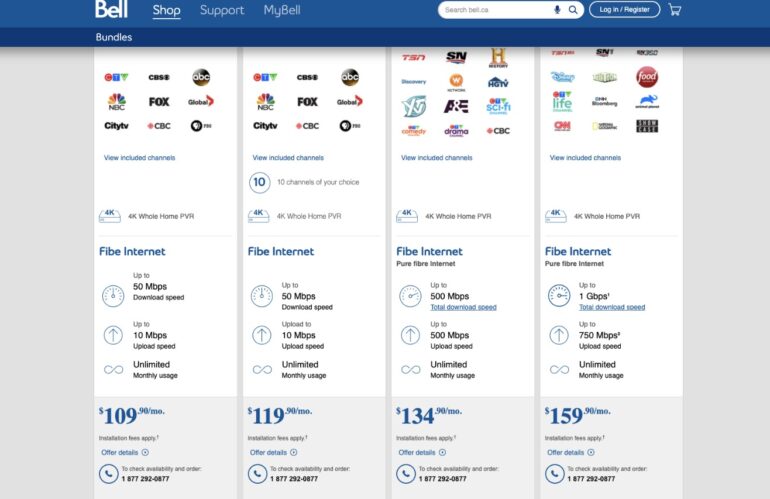Corporation: The owners of a corporation have limited liability and the business has a separate legal personality from its owners. Corporations can be either government-owned or privately owned. They can organize either for profit or as nonprofit organizations. A privately owned, for-profit corporation is owned by its shareholders, who elect a board of directors to direct the corporation and hire its managerial staff. A privately owned, for-profit corporation can be either privately held by a small group of individuals, or publicly held, with publicly traded shares listed on a stock exchange.
Cooperative: Often referred to as a “co-op”, a cooperative is a limited-liability business that can organize as for-profit or not-for-profit. A cooperative differs from a corporation in that it has members, not shareholders, and they share decision-making authority. Cooperatives are typically classified as either consumer cooperatives or worker cooperatives. Cooperatives are fundamental to the ideology of economic democracy.

